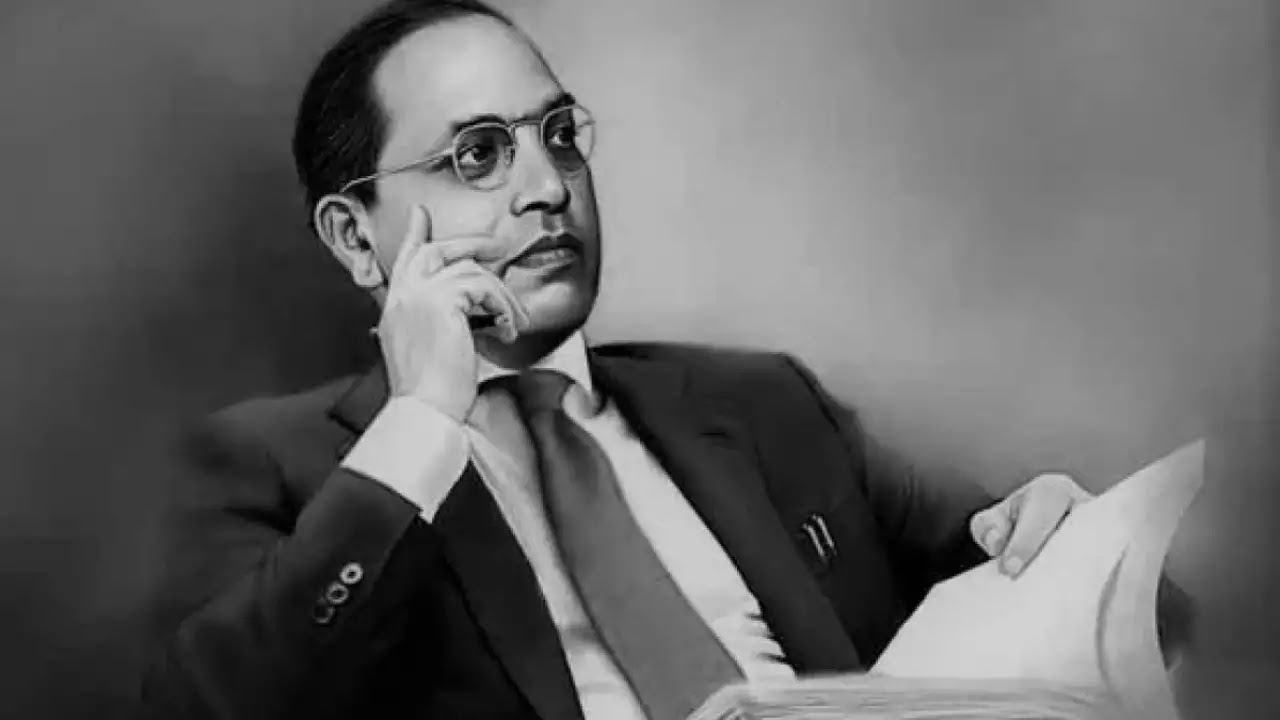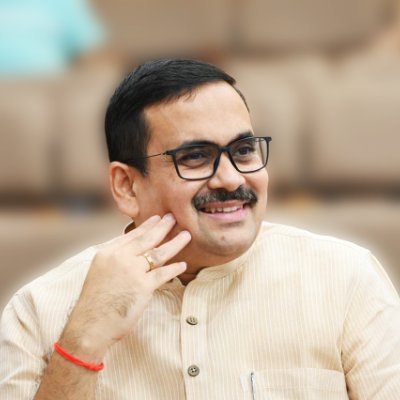For decades since independence a certain section have only mouthed public platitudes as homage to Babasaheb Dr Ambedkar. In reality this section, primarily led by the Congress and the communist parties worked over-time and in a coordinated manner to defeat Dr Ambedkar in the first general elections in 1951-1952. Communist Party of India’s general secretary S.A.Dange was at the forefront of the campaign against Dr Ambedkar. This group, directed by Pandit Nehru once again ensured Babasaheb’s defeat in a by-election in 1954. On this second manipulated defeat, Babasaheb’s wife, Dr Savita Ambedkar lamented this vindictiveness against him. She wrote in her reminiscences of life with Dr Ambedkar, that the Congress:
‘Should have displayed the largeness of heart to re-invite [to Parliament] the sculptor of the Constitution with due honour. For the sake of the welfare of the nation, if not for anything else, Nehru should have left the way open for Saheb to be elected to the Lok Sabha. But quite to the contrary, the Congress shook hands with a person like Dange and applied all its strength and got into all kinds of machinations to defeat Saheb, which proves that Congress cared more for the party than for the welfare of the country.’
That second defeat had a major effect on Dr Ambedkar, writes Dr Savita Ambedkar, ‘This horrendous defeat in the elections, had an extremely harmful impact on his already debilitated health, melancholy, disappointment, depression and disability returned.’
The same absence of ‘largeness of heart’ was missing when successive Congress governments, primarily those led by Pandit Nehru and Indira Gandhi refused to confer Bharat Ratna on Dr Ambedkar. In the meantime, these leaders conferred it on themselves and many others. The same treatment was meted out to Sardar Patel. His centenary in 1975, was not observed or celebrated in befitting manner, he was also overlooked for a long period for the Bharat Ratna.
Dr Ambedkar’s resignation letter is not reflected in the Parliament records. A strange thing if one were to keep in mind the momentous and portentous event it was. The animosity towards Dr Ambedkar was so intense by the Congress establishment that it went all out to see to it that records that would expose the reason for Dr Ambedkar’s resignation were erased. The aim was to sanitise his act of resigning in frustration from the Nehru cabinet.
‘From my early childhood,’ Dr Ambedkar stated in his statement of resignation, ‘I have dedicated myself to the upliftment of the Scheduled Castes among whom I was born. It is not that there were no temptation in my way. If I had considered my own interest, I could have been anything I wanted to be and if I had joined the Congress would have reached the highest places in that organisation.’
But since he had chosen not to bend before and to compromise with the Nehruvian establishment, Dr Ambedkar faced an all-out attempt at being marginalized. Those who have paid lip-service to Dr Ambedkar’s vision and commitment of empowering the marginalized have themselves a poor record of serving and of empowering them. That is the reason why, for decades, they had no access to sanitation, healthcare and hygiene. For decades they remained poor and marginalized being deprived of opportunities and of the basics of life. Prime Minister Narendra Modi, on the other hand, is consistently actualizing Dr Ambedkar’s vision into action and achievement. Among the many such empowering transformative milestones that can stand as tribute to Dr Ambedkar’s vision and hope for free India, a few needs be cited.
25 crore people escaping multidimensional poverty in the last one decade, an overall and significant improvement in Multidimensional Poverty Index (MPI) indicators and poorer states recording a faster decline in poverty are, in a sense, a tribute to Dr Ambedkar’s vision.
The index of deprivation (DI) which indicates the lack of basic amenities such as household access to water, to toilets, of households without drainage has seen considerable shrinkage. A recently released SBI report on these parameters and access has demonstrated how ‘the DI index has shrunk considerably’ halving in the last decade with a number of states demonstrating ‘a significantly better performance.’ An interesting finding of this report is that ‘in almost all states the decline in percentage of households fetching water outside [its] premise significantly lead to increase in working females in Agriculture and Allied Activities. The results further vindicate that an 8.3 percentage points decline in percentage households fetching water from outside premises leads to 7.4 percentage points increase in females’ participation in’ agriculture and allied activities at the all India level.
Improved sanitation has had a huge impact on mortality rates, maternal as well as neonatal. The flagship Swachh Bharat mission has had a transformative effect on this count annually saving 60,000 to 70,000 infant lives. The gigantic effort of Jal Jeevan Mission (JJM), which has successfully provided ‘tap water connections to 11.96 crore additional rural households bringing the total coverage to more than 15.20 crore households’, accounting for over 78% of all rural households in India is another such tribute to the vision of empowerment that Dr Ambedkar envisaged and articulated. What is more significant is that WHO estimates ‘show over 5.5 crore hours would be saved daily, primarily for women, otherwise spent collecting water, through achievement of JJM goals in full while also simultaneously preventing nearly 400,000 deaths from diarrheal diseases, saving approximately 14 million Disability Adjusted Life Years (DALYs) through providing safely managed drinking water for all households in the country.’
These efforts will lead to gradual transformation in society leading to shifts that are tectonic in nature as far the country’s future and its growth trajectory is concerned. Prime Minister Modi speaks of the ‘Viksit Bharat’ goal and of its realisation and he has started working towards that goal by making the foundations and the basis strong so that the potential and energies of crores of marginalized Indians can be unleashed for their own empowerment and for realizing the aspiration of a developed India by 2047.
This in itself is a most effective and empowering tribute to Dr Ambedkar. An empowerment of this proportion is a real tribute to the spirit and ideals of justice and of equity that the Constitution envisaged as well. Through a decade of relentless and creative effort, driven by an unwavering commitment to the most marginalized, Prime Minister Narendra Modi has initiated an unmistakable turnaround, addressing the neglect and deprivation of over five decades since independence.
Those who only indulged in politics in Dr Ambedkar’s name and those who attempted to suppress his legacy and contributions, failed to empower the marginalized and thereby neglected the foundational basics of a democratic and free India. They cannot shrug off that omission. They cannot escape its blame.
(The views expressed are the author's own and do not necessarily reflect the position of the organisation)


